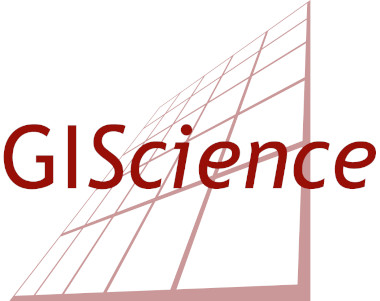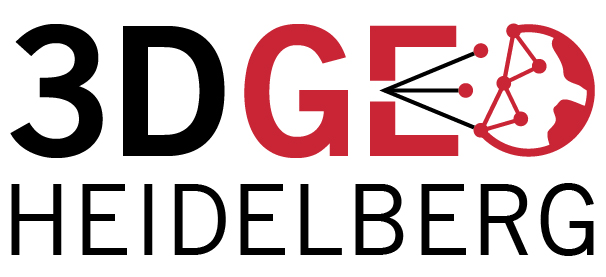The project “25 Mapathons“ goes into the next phase. Based on the experience of until today 17 OSM mapathons with German Red Cross (GRC) chapter and an extensive literature review on the success of mapathons, the “25 Mapathons” team has identified several points of possible improvement in the way how mapathons are conducted in general:
A common problem of mapathons is, that although many new people with no prior contact to OpenStreetMap (OSM) are taking part in the event, just a tiny fraction of those people keep mapping afterwards.
Therefore, we developed a new mapathon concept with the aim to increase user retention rates. The new concept shall increase intrinsic and extrinsic motivation and break down existing barriers and challenges for beginners.
Among others, one change to the conventional way mapathons are conducted is the extended duration of the event and the mapping period in order to tackle problems like time pressure or insufficient feedback. The variables of interest, such as motivation, previous experience and feedback are captured by questionnaires for both organizers and participants. The results of the two-part mapathons in terms of mapping activities will then be compared to common one-part mapathons.
This concept was developed in close coordination with the Missing Maps community. The “25 Mapathons” team is very thankful for the extensive feedback by members of the community.
To test the concept of two-part mapathons, the “25 Mapathons” team prepared a test run in which mappers, mapping beginners and organizations with experiences in hosting mapathons can participate. In order to conduct comparable 2-part mapathons, the organizers will be provided with an exact timetable, a powerpoint presentation and the necessary questionnaires. Questionnaires will be also provided for organizations conducting conventional mapathons. The material is available in English and German.
If you and your organization are interested in participating in the experiment – either as organizers or participants – please contact S.Lohr@uni-heidelberg.de.
The first opportunity for participation is the final test for the two-part Mapathon on the 05.5.2021 (part 1) and on the 11.5.2021 (part 2). We would love to welcome you at the event!
(Registration via Eventbrite: https://www.eventbrite.de/e/missing-maps-mapathon-for-beginners-2-part-event-tickets-150635327319)
We will keep you updated over the course of the experiment and hope to be able to support the OSM and Missing Maps community with valuable findings!
http://giscienceblog.uni-hd.de/2021/04/15/two-part-mapathons-for-better-new-user-retention/


